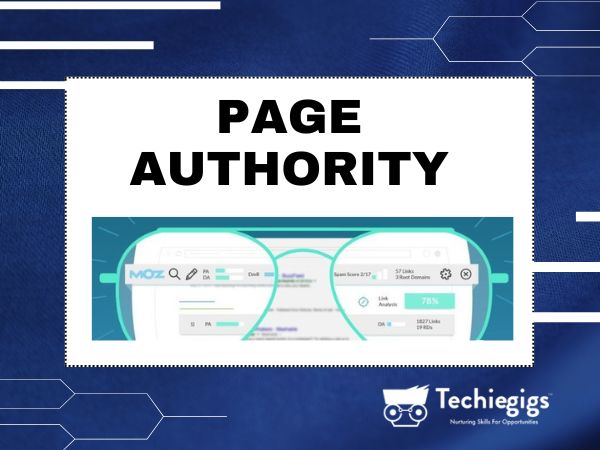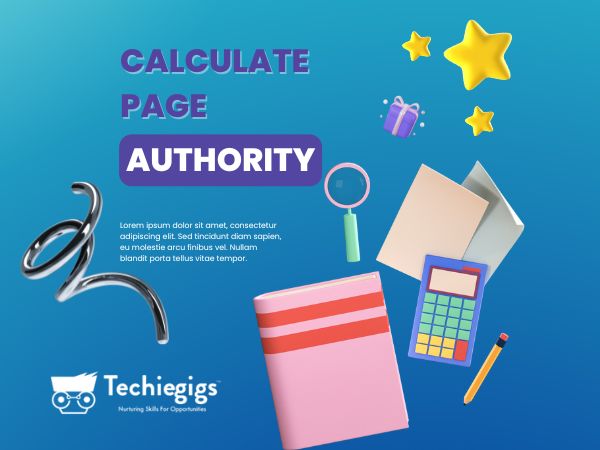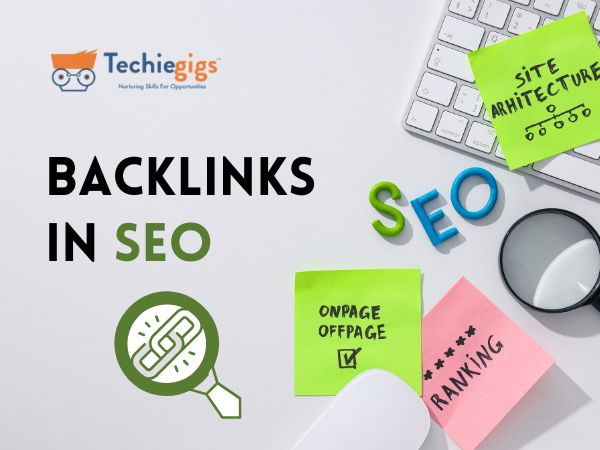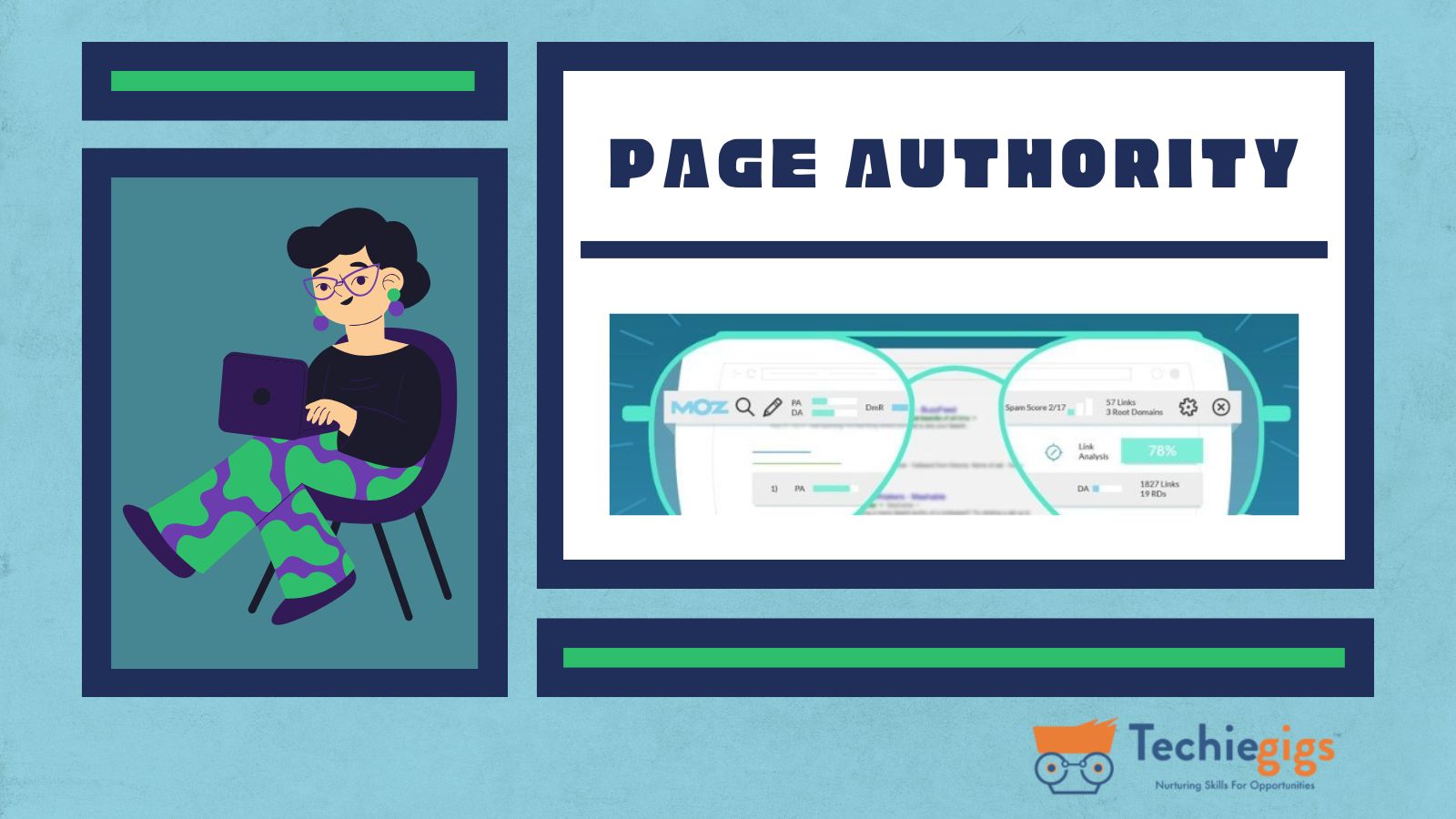What is Page Authority, and why is it essential for your digital marketing strategy? In the digital age, where competition for online visibility is at an all-time high, understanding how search engines evaluate your website is critical. Page Authority is a key metric that significantly impacts your site’s performance on search engine results pages (SERPs). In this blog, we’ll break down the concept, highlight its importance, and provide actionable tips to enhance it
What is Page Authority?

Page Authority, often abbreviated as PA, is a scoring metric developed by Moz that predicts how well a specific page on your website is likely to rank on SERPs. The score ranges from 1 to 100, with higher scores indicating a greater likelihood of ranking well. Unlike Domain Authority, which measures the overall strength of an entire domain, Page Authority focuses on individual pages.
In simpler terms, Page Authority is like a report card for each page of your website. It evaluates various factors such as link profiles, content quality, and user engagement to assign a score. The higher your Page Authority, the better your chances of outranking competitors for targeted keywords.
In SEO, Page Authority serves as a benchmark to measure the ranking potential of individual pages. By analyzing PA, marketers and website owners can prioritize their efforts on optimizing high-impact pages. Additionally, it’s a valuable metric for tracking progress in SEO campaigns, helping you identify which strategies yield results over time.
Why Page Authority Matters
If you’re wondering why Page Authority deserves your attention, here’s the deal:
- Better Ranking Potential: Search engines prioritize pages with higher Page Authority. If your pages score well, they’re more likely to appear at the top of SERPs, driving more organic traffic.
- Credibility and Trust: Pages with higher authority are often perceived as more credible by users and search engines alike. This can boost click-through rates (CTR) and foster trust among your audience.
- Competitive Edge: In a crowded market, high Page Authority can be a game-changer, helping your page stand out against competitors targeting the same keywords.
- Improved Conversion Rates: High-ranking pages not only attract traffic but also have a better chance of converting visitors into customers.
- SEO Insights: Page Authority provides valuable insights into the strengths and weaknesses of individual pages, allowing you to refine your overall SEO strategy.
What is Page Authority in SEO ?
Page Authority in SEO is a metric developed by Moz to predict how well a specific page on your website is likely to rank on search engine results pages (SERPs). It is a score ranging from 1 to 100, with higher scores indicating a greater likelihood of ranking well. Unlike Domain Authority, which evaluates the strength of an entire domain, Page Authority focuses on individual pages.
Understanding why Page Authority is needed begins with recognizing its role in search engine optimization. Here are the primary reasons why it is indispensable:
- Predictive Insight: Page Authority gives you an estimate of your page’s ranking potential, helping you understand where your SEO efforts are succeeding or lacking.
- Competitor Benchmarking: By comparing your PA with that of competitors targeting similar keywords, you can identify areas for improvement and opportunities to outperform them.
- Resource Prioritization: Knowing which pages have higher potential allows you to focus your resources on optimizing high-impact pages that can drive more traffic and conversions.
- Strategic Planning: It serves as a guide for building a robust SEO strategy by identifying key factors like backlinks, content quality, and user engagement that need attention.
Page Authority is crucial because it combines various SEO factors into a single, easy-to-interpret score. While it is not a direct ranking factor for Google, it is a valuable indicator for shaping your optimization efforts and achieving better visibility on SERPs.
How is Page Authority Calculated?

Understanding what is Page Authority involves knowing how it’s calculated. Moz’s proprietary algorithm considers several factors, including:
- Backlink Quality and Quantity: Links from reputable and relevant websites significantly impact PA.
- Content Relevance: High-quality, keyword-rich content tailored to user intent boosts authority.
- Internal Linking Structure: A well-structured internal linking strategy distributes link equity effectively.
- User Engagement Metrics: Metrics like bounce rate, dwell time, and CTR signal the value of your page to search engines.
Each of these factors contributes to a comprehensive score that reflects the page’s likelihood of ranking well.
It’s worth noting that Page Authority is not a direct ranking factor for Google but rather a comparative metric to evaluate your standing in the competitive landscape. By improving the elements that influence PA, you indirectly enhance your site’s overall SEO performance.
How to Check Your Page Authority
There are several tools available to help you determine your page’s authority:
- Moz Link Explorer: Moz’s flagship tool provides a detailed breakdown of your Page Authority along with insights into backlinks and competitors.
- Ahrefs: While it uses its own metric called URL Rating, it offers comparable insights into page strength.
- SEMrush: This tool evaluates the overall health of your website, including metrics relevant to Page Authority.
By regularly monitoring your PA score, you can track your progress and identify areas for improvement.
Tips to Improve Your Page Authority
Now that you know the page authority, let’s dive into practical strategies to enhance it:
1. Focus on High-Quality Content
Content is king in the digital world. Create well-researched, informative, and engaging content that resonates with your target audience. Use relevant keywords strategically, but avoid keyword stuffing. Incorporate visuals, infographics, and videos to make your content more appealing.
2. Build High-Quality Backlinks

Backlinks are the backbone of Page Authority. Reach out to reputable websites in your niche for guest blogging or collaborations. Tools like Moz and Ahrefs can help identify link-building opportunities.
3. Optimize On-Page SEO
Ensure your page is optimized for search engines. Use keyword-rich titles, meta descriptions, and headers. Include alt text for images and optimize your URL structure to make it SEO-friendly.
4. Enhance User Experience (UX)
A positive user experience is critical. Focus on fast-loading pages, mobile responsiveness, and easy navigation. Ensure your page delivers value to visitors, keeping them engaged longer.
5. Leverage Internal Linking
Internal links guide users through your website and distribute link equity across pages. Use descriptive anchor text to improve context and user engagement.
6. Regularly Update Your Content
Search engines value fresh, up-to-date content. Regularly revisit old pages to update statistics, add new insights, and ensure accuracy.
7. Monitor and Improve Technical SEO
Technical aspects like site speed, SSL certification, and XML sitemaps contribute to Page Authority. Use tools like Google Search Console to identify and fix technical issues.
Common Myths About Page Authority
While understanding about Page Authority is essential, it’s equally important to debunk some myths:
- Myth: A high PA score guarantees top rankings. Truth: While PA is a strong predictor, other factors like content quality and search intent alignment play a role.
- Myth: Page Authority is permanent. Truth: PA is dynamic and can fluctuate based on changes in your link profile and competitors’ actions.
- Myth: Domain Authority and Page Authority are interchangeable. Truth: Domain Authority evaluates the entire domain, while PA focuses on individual pages.
Take Action Today!
Understanding the authority of a page is the first step toward optimizing your website for search engines. By implementing the strategies outlined in this blog, you can improve your page’s visibility, drive organic traffic, and achieve your digital marketing goals.
Ready to boost your Page Authority? Start by analyzing your current score and creating an actionable plan. Remember, building authority takes time, but with consistency and effort, the results will be worth it.
Want expert guidance on improving your Page Authority and overall SEO strategy? Contact us today for a free consultation and take the first step toward dominating the SERPs! Only at Techiegigs.



